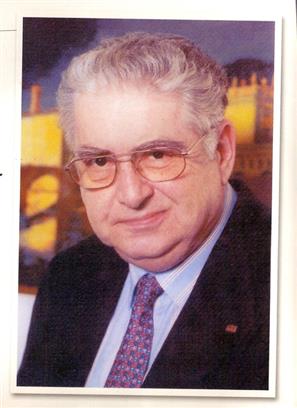
"It's now publicly known we did not think Rosa Funzeca was appropriate for a screening in Venice. But after everything that had happened, somehow we had to put it in the programme," de Hadeln says, elliptically. "Franco Bernabe, the former chairman of the Biennale and someone I highly respected, said to me, ‘You are free, I've guaranteed your freedom. But I appeal to your diplomatic sense. Is it worth a major battle with a minister who is the one giving the money to the festival, or is there a way to find a compromise?' And that was it. He never told me what to do. He left it up to me. And I finally decided it wasn't worth the conflict. These are the challenges that a festival director is confronted with very often."
Still, de Hadeln insists it is all about setting limits. He cites another example, again in Venice. In 2003, he invited actress Claudia Cardinale to be jury chairwoman. "She had more or less agreed, but her husband, [Italian director] Pasquale Squittieri, had just finished a film, L'Avvocato Di Gregorio, and he wanted to submit it to the festival. We saw the film, we didn't find it suitable. Squittieri told me, ‘It's either both of us - the film and Claudia - or neither,' And to my great regret, I said neither, because I don't like to be put under pressure in such a way."
"It was one of my most terrible moments"
De Hadeln, who has a reputation as a formidable organiser, insists that, like a wedding, the secret behind a good festival lies in the months of planning that precede it. In a thinly veiled allusion to the organisational problems that marred this year's Venice film festival, he insists that planning is so important that once a festival starts, "there is very little a director can do if things go wrong."
"Of course, there is an enormous amount of adrenaline that you have to invest in it, so that you forget you're tired because you want it to succeed," he says. "But during the festival, a director's role is nothing very much more than to be a co-ordinator. You have to plan, to foresee things in advance, to train the right people in advance for the jobs they're going to do, whether it's small jobs or big jobs. This is the job of a festival director."
De Hadeln says that during each festival in Berlin and Venice, he tried to have daily meetings with the heads of the event's various sections to see if there were any problems and, if so, quickly correct them.
"But for the rest, you spend your time receiving delegations, giving interviews - always the same questions - and on the red carpet, welcoming filmmakers, presenting films on stage, attending meetings and meeting people. The tragedy of these major festivals, I once calculated it, is that if you have a 12 or 14-hour day, you are not able to talk seriously with more than 500 people in 12 days. If you count the amount of guests and press attending at a major festival, it means you are talking to one-fifth of the people who are there, which is always very frustrating because among these people you have many friends you'd like to take time out with. But you just can't.
"Then of course, there's a lot of administrative work to be done, answering e-mails, the phone. Another thing the director is there for, is for complaints. 'My hotel room is lousy', 'I have the wrong accreditation', etc. My trick was always to say, 'I'm very sorry to hear this, but you know we have commissions taking care of this. I cannot do anything but I will ask them to take care of it.' Even if I didn't have any commission for it. One has to be a little bit evasive in certain circumstances."
Among the festival directors he rates most highly, de Hadeln counts Cannes chiefs Gilles Jacob and Thierry Fremaux, Toronto's Piers Handling, Telluride's Tom Luddy, Pusan's Kim Dong-ho and Chicago's Michael Kutza. His successors in Berlin and Venice, Dieter Kosslick and Marco Mueller are noticeably absent from his list - although he readily includes past Venice directors such as Guglielmo Biraghi, Carlo Lizzani, Felice Laudadio and Alberto Barbera.
Evidently, de Hadeln's ousting from Venice - after a protracted power struggle with Urbani - is still a sore point. While he recalls the Lido with fondness, he refers to his removal as one of his "most terrible moments". "Urbani asked me to leave without offering any justification - in spite of a successful festival, the broad solidarity I received from so many people and my wish to continue my job there after only two short years," he says.
The problem with Venice is the politics and the lack of appropriate infrastructures. There's no festival in the world where directors are changing all the time and where you can't do anything without some minister putting his nose into it. The Italians have great illusions about the future of their festival in Venice, if politicians continue to want to use it the way they do. There is no example in the world of a festival like that, not even in Moscow at the time of-the Soviet Union."
Nor is de Hadeln optimistic about things changing on the Lido in the near future. "There's always been a desire to change things in Venice - since 1936. Plans for a new film palace, creating a market, moving the event away from the Lido to the Arsenal, separating the event from the rest of the Biennale - all ideas that have remained in the air for decades without anything fundamentally changing, even if each one of us has brought some new ideas and moved some inches ahead. When the country changes, the festival might."
Political interference in Venice may have turned a director's job into a particularly ephemeral position, but any festival director has to be able to delicately juggle the egos of film-makers, producers and distributors, as well as politicians.
De Hadeln admits festivals are really all about promoting films in front of an enormous amount of media, and trying to keep everyone happy in the process. "There are all sorts of egos which go right down to the protocol, to where someone sits in the screening room, to if he's invited to the opening, to the screening, how the director of a film is treated, and how politicians are seated. Everyone wants their films placed in the best possible way in the programme so that they can take the maximum benefit out of their participation. This is not always possible. You cannot put all the films on a Saturday evening at eight o'clock. And it's not always a good thing for a film. Everyone wants to be put in the best possible spotlight. But you have to run a festival for 12 consecutive days, not just on weekends."
Since de Hadeln parted company with Venice earlier this year, this British-born resident of Switzerland has returned to Berlin - where together with his wife Erika he has created a film consultancy company called de Hadeln & Partners. However, he says he is waiting for his next job as a festival director, which he says is his true calling. "I think I have a lot of experience to offer and, at the age of 63, I don't wish to retire. What happened to me in Venice was a rather big and unexpected shock."
At Cannes this year, de Hadeln worked as a television reporter for an Italian cable channel. Since he left Venice, he has also chaired specialised juries in Morocco, Romania and at the gay and lesbian festival in Turin. "But that doesn't feed the man," he says. "It's good fun, it allows you to see films, but it's not the only thing I'd like to do. After 36 years of doing it, my real job remains being a festival director.'
© Melanie Rodier & Screen International


November 26 December 2, 2004
Number 1478, page 16 & 18

INTERVIEW
MORITZ DE HADELN


THE SECRET OF MY SUCCESS
DE HADELN'S
HOT TIPS
> A festival director must be as interested in the organisation as in the films he or she is showing. "There are many festivals that have by now separated the two jobs," he says. "On the one side there is the artistic director, on the other the organisers. I find that this is not a good solution. lt's right to delegate as much as possible and to have a team where everyone has their own responsibility. But you have to have the final decision the final responsi-bility. I am of the opinion - and maybe not everybody shares this - that when you receive someone in your home, you make sure that your home is in order and has a welcoming atmosphere."
> Discover new talents.
> Be open-minded. Do not try to impose a certain type of film on the public just because you like it or because it is trendy. "I have not always shown the films I have liked, but instead I have been convinced - after long discussions in certain cases - that it was proper and right for a film to be shown because it comes at the right moment and represents something new," de Hadeln says. "Our role is not to impose personal choices but to provide a podium for others to determine the trend."
> Be aware that film festivals could soon become cultural ghettos. "There is a very fine line between just showing entertainment for the sake of entertainment and focussing only on films for a small elite. Festivals are not subject to box-office criteria, so they can and must take risks presenting difficult and even unpopular films. But they should never forget the interests of the public at large."
> Support local film-makers and reflect the world's cultural diversity. "We all love American cinema, but the world is much broader and greater than just the US. By giving space to Asian films, to Indian, to African or to European films, we are reacting positively against a mono-cultural world domina-ted only by American cinema."

Page 2 of 2
Page 2 of 2




